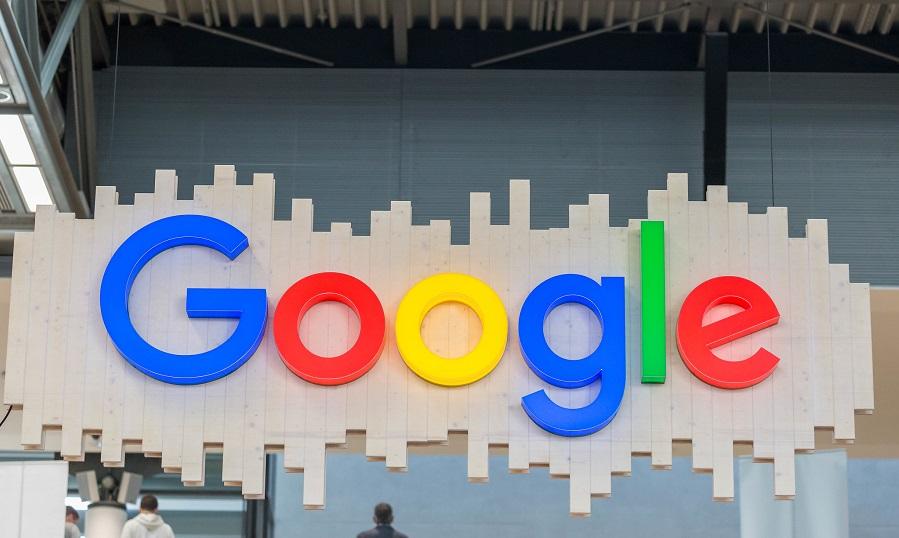Google confirmed, shortly after it leaked, that several projects of its in-house incubator Area 120 have been cancelled. The tech giant says the remaining projects will be aligned to its AI push.
The cancellation of Area 120 projects was first revealed by TechCrunch with the publication reporting that half of the incubator’s projects will no longer proceed. There were 14 projects in the incubator before the cuts.
“We’ve recently shared that Area 120 will be shifting its focus to projects that build on Google’s deep investment in AI and have the potential to solve important user problems,” Google said upon confirming the project cuts. “As a result, Area 120 is winding down several projects to make way for new work.”
Google added that it would provide “dedicated support” so that affected Googlers at Area 120 would find new jobs within the Alphabet Inc.-owned company. But the same report said that the affected employees would be terminated if they were unable to find new positions within Google by the end of January 2023.
TechCrunch’s source said Qaya was one of Area 120’s cancelled projects. Qaya was launched last December, but the Area 120 website indicates it is still in the early access phase. It offers services to digital creators to help them set up a hub for all their social media links that also serve as a storefront for their merch. Google also reportedly cancelled projects that were exploring Google Sheets financial accounting, a product for AR/VR analytics, and three climate-related projects.
The Area 120 shakeup happened after Google CEO Sundar Pichai reportedly told employees in July that they will slow down hiring for the rest of the year. In the same memo, Pichai mentioned Google will consolidate overlapping investments and redeploy its resources.
It was also recently reported that Google disbanded a team working on what would have been the next Pixelbook even though the product was already in the latter stages of development. Before its cancellation, the company supposedly planned to launch the device in 2023.
Photo by Marco Verch from Flickr under Creative Commons (CC BY 2.0)



 Nvidia CEO Jensen Huang Says AI Investment Boom Is Just Beginning as NVDA Shares Surge
Nvidia CEO Jensen Huang Says AI Investment Boom Is Just Beginning as NVDA Shares Surge  Trump Backs Nexstar–Tegna Merger Amid Shifting U.S. Media Landscape
Trump Backs Nexstar–Tegna Merger Amid Shifting U.S. Media Landscape  SoftBank Shares Slide After Arm Earnings Miss Fuels Tech Stock Sell-Off
SoftBank Shares Slide After Arm Earnings Miss Fuels Tech Stock Sell-Off  SpaceX Prioritizes Moon Mission Before Mars as Starship Development Accelerates
SpaceX Prioritizes Moon Mission Before Mars as Starship Development Accelerates  Palantir Stock Jumps After Strong Q4 Earnings Beat and Upbeat 2026 Revenue Forecast
Palantir Stock Jumps After Strong Q4 Earnings Beat and Upbeat 2026 Revenue Forecast  Amazon Stock Rebounds After Earnings as $200B Capex Plan Sparks AI Spending Debate
Amazon Stock Rebounds After Earnings as $200B Capex Plan Sparks AI Spending Debate  SpaceX Reports $8 Billion Profit as IPO Plans and Starlink Growth Fuel Valuation Buzz
SpaceX Reports $8 Billion Profit as IPO Plans and Starlink Growth Fuel Valuation Buzz  Instagram Outage Disrupts Thousands of U.S. Users
Instagram Outage Disrupts Thousands of U.S. Users  Jensen Huang Urges Taiwan Suppliers to Boost AI Chip Production Amid Surging Demand
Jensen Huang Urges Taiwan Suppliers to Boost AI Chip Production Amid Surging Demand  FDA Targets Hims & Hers Over $49 Weight-Loss Pill, Raising Legal and Safety Concerns
FDA Targets Hims & Hers Over $49 Weight-Loss Pill, Raising Legal and Safety Concerns  SoftBank and Intel Partner to Develop Next-Generation Memory Chips for AI Data Centers
SoftBank and Intel Partner to Develop Next-Generation Memory Chips for AI Data Centers  Sony Q3 Profit Jumps on Gaming and Image Sensors, Full-Year Outlook Raised
Sony Q3 Profit Jumps on Gaming and Image Sensors, Full-Year Outlook Raised  Nvidia Nears $20 Billion OpenAI Investment as AI Funding Race Intensifies
Nvidia Nears $20 Billion OpenAI Investment as AI Funding Race Intensifies  Oracle Plans $45–$50 Billion Funding Push in 2026 to Expand Cloud and AI Infrastructure
Oracle Plans $45–$50 Billion Funding Push in 2026 to Expand Cloud and AI Infrastructure  Alphabet’s Massive AI Spending Surge Signals Confidence in Google’s Growth Engine
Alphabet’s Massive AI Spending Surge Signals Confidence in Google’s Growth Engine 































